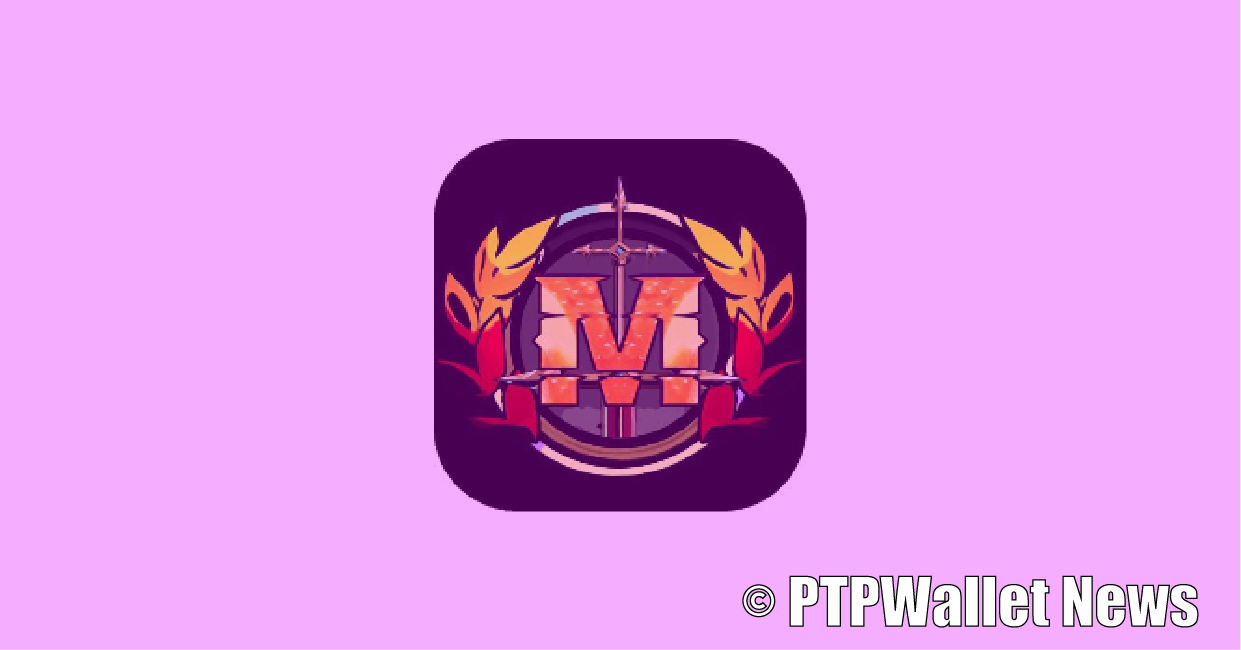
What is Moon Nation Game (MNG)?
Moon Nation is the biggest 3D Massively Multiplayer Online Role-Playing Game (MMORPG) space-themed game ever created on the Binance Smart Chain. It is a play-to-earn
A complete list of all cryptocurrencies and crypto tokens.

Moon Nation is the biggest 3D Massively Multiplayer Online Role-Playing Game (MMORPG) space-themed game ever created on the Binance Smart Chain. It is a play-to-earn

In the vast and dynamic realm of cryptocurrencies, Mithril (MITH) emerges as a unique digital asset that aims to revolutionize the landscape of social media

Magic Metaverse is a massively multiplayer blockchain-based play-to-earn online role-playing game (RPG) that has “mining, pledge, battle, DEFI, NFT, and DAO” and is based on

Prospective miners initially encounter difficulties due to the high costs and limited availability of Application Specific Integrated Circuits (ASICs). This scarcity is caused by the

MIM is a decentralized stablecoin that is overcollateralized and backed by assets that accrue yield. Since collateralization ratios typically increase over time, MIM is a

In a time when innovation and creativity are in high demand, LUKSO stands out as a visionary force that pushes the boundaries of traditional industries

LUFFY is the world’s first anime token. Having a layer-2 blockchain for quick and inexpensive transactions, Luffy is a flexible altcoin. Luffy presents a full

LTO Network is a blockchain platform designed for creating and maintaining decentralized workflows. It combines both private and public blockchains with a unique approach to

Kingdom Karnage is a card game. It is a cross-platform, play-to-earn, combat-animated NFT trading card game. Kingdom Karnage is an interactive digital card game on

Decentralized Finance (DeFi) aims to offer financial services by leveraging decentralized technologies, mainly public blockchain networks, openly and transparently with universal accessibility. Since the inception

iMe Lab is a multifunctional Artificial Intelligence (AI) Telegram-based platform. It describes itself as an ecosystem that empowers Telegram users with outstanding functionalities, AI, and

Hedron (HDRN) is a group of smart contracts that exist on the Ethereum and PulseChain blockchains. Hedron builds on HEX by enabling stakeholders to create,

FOX is the Ethereum-based token that runs ShapeShift, a decentralized exchange platform. ShapeShift developed the ERC-20 token FOX, which acts as the governance token for

FNDZ is a decentralized, EVM-based social trading platform that consists of an ecosystem of traders who interact through this platform and make use of the

Everscale is a decentralized global blockchain network launched on top of Ever OS on May 7, 2020. On November 10, 2021, by the decision of

The social platform Don-key (DON), which unites liquidity providers and yield producers, bills itself as the first of its kind. Don-key lowers the entry barrier

DIA (Decentralized Information Asset) is an open-source blockchain-based Oracle platform that provides a transparent ecosystem for market actors to source, share, and supply trusted data.

Crypto International is an ERC20- coin developed by a blockchain-based HR company called COSMETA. COSMETA is a blockchain-based startup enterprise for human resources, incorporated in

Coinswap Space is a decentralized exchange, or DEX, created for swapping BEP20 tokens on the BNB Chain. It uses an automated market maker (AMM) model

Cryptocurrencies, unlike fiat currencies, do not have a central bank to implement monetary policy focused on stabilizing purchasing power. Thus, changes in demand induce massive
© 2024 Core State Holdings Corp. All Rights Reserved.